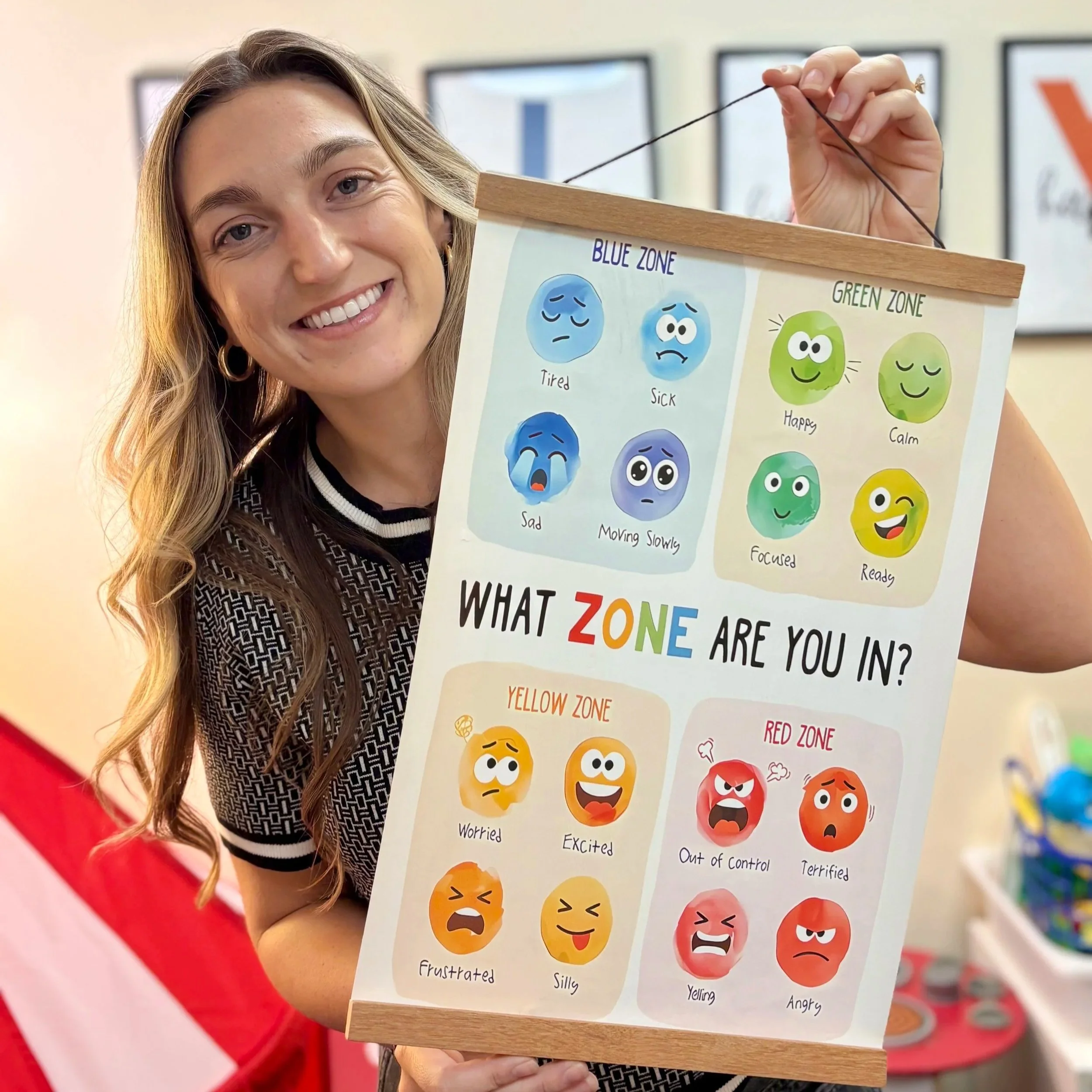The Phases of Play Therapy: What Parents Can Expect
As a parent, beginning play therapy for your child can feel both hopeful and overwhelming. You want to know: What exactly happens in play therapy? How will my child’s journey unfold?
At Reach Counseling, we believe parents are partners in the process. Understanding the phases of play therapy can help you feel more confident and prepared as your child takes these important steps toward healing and growth.
The four phases of play therapy discussed in this post are adapted from the model described by Dr. Garry Landreth, a pioneer in Child-Centered Play Therapy (Source).
Phase 1: Building Trust and Safety
The first stage is all about connection. Before any therapeutic work begins, your child needs to know they are safe in the therapy room.
Timeframe: ≈ 4 - 6 sessions. Children may spend several weeks just getting comfortable with the therapist and space. Some warm up quickly, while others need more time to feel secure.
What it looks like: Children may test limits, explore the space, or remain quiet as they observe.
Why it matters: A trusting relationship with the therapist lays the foundation for everything that follows.
Phase 2: Exploration and Expression
Once safety is established, children naturally begin to express themselves through play, often bringing big feelings, worries, or themes into the room.
Timeframe: ≈ 4 - 8 sessions. Children begin to express emotions, themes, or worries through play. The length depends on how much needs to surface and the child’s readiness to share.
What it looks like: Pretend play, storytelling, art, or even reenacting conflicts from home or school.
Why it matters: Play gives children a voice for feelings they may not yet have words for. This stage helps uncover underlying concerns.
Phase 3: Growth and Skill Development
In this stage, children begin to experiment with new ways of coping and problem-solving. They test out healthier responses within the safety of the playroom.
Timeframe: ≈ 8 - 20+ sessions. This is often the longest phase. Children practice new coping skills, experiment with different ways of handling emotions, and carry these tools into home, school, and friendships.
What it looks like: Practicing self-regulation, role-playing problem-solving, trying out new coping strategies.
Why it matters: These new skills often begin to carry over into home, school, and friendships. Parents may notice improved emotional regulation or communication.
Phase 4: Closure and Integration
Eventually, as therapy goals are met, the process begins to shift toward ending. This is an important and intentional phase.
Timeframe: ≈ 2 - 4 sessions. Therapist and child reflect on progress, celebrate growth, and prepare for a healthy goodbye. Closure is purposeful and gradual so the child can integrate what they’ve learned.
What it looks like: Reflecting on progress, celebrating growth, and preparing for therapy to end.
Why it matters: Saying goodbye in a healthy, supported way models closure for your child and helps them carry forward the skills they have gained.
These ranges are estimates. Some children may move more quickly or more slowly, and it is common for children to revisit earlier phases before moving forward again.
What Parents Should Know
Every child’s journey is unique and phases may take weeks or months.
Children often revisit earlier stages before moving forward. This is part of the process.
Parent involvement through consultation, practicing strategies at home, or simply staying connected strengthens the impact of play therapy.
Want Extra Support Building Connection?
If you are curious whether play therapy is the right step for your child, Reach Counseling is here to help. Our trained play therapists create a safe and nurturing space for children to heal, grow, and thrive.
At Reach Counseling, play therapists like Presley use tools such as feelings charts to help children identify and share their emotions. Visual supports like this are especially helpful as kids move through the phases of play therapy - from building trust, to exploring feelings, to practicing new coping skills, and eventually preparing for closure.
To learn more about our play therapy services in Keller and Fort Worth, visit our Play Therapy page.
👉 Contact us today to schedule an intake session and learn how play therapy can support your family.



